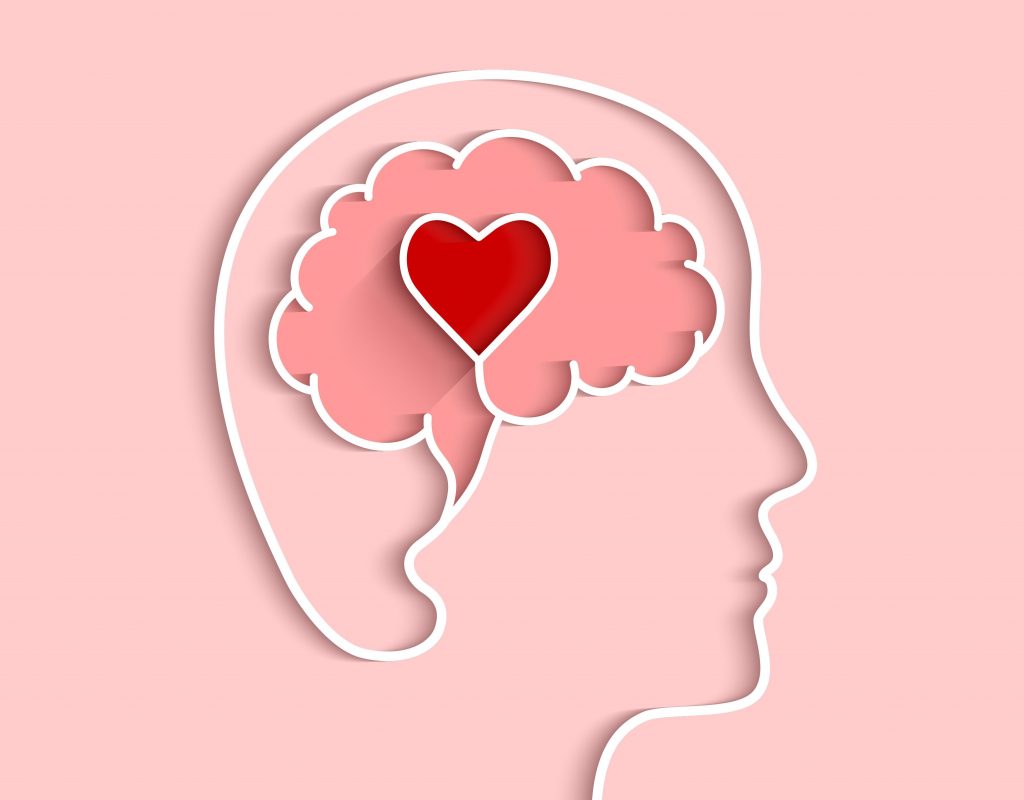
Mental health is an essential part of our overall health and well-being. Studies have shown that mental health factors and disorders such as stress, depression or anxiety, can have implications on our physical health as well, including that of our heart.
What is mental health? Why is it important?
The World Health Organization (WHO) defines mental health as “a state of complete physical, mental and social well-being and not merely the absence of disease or infirmity.” It is important to take note that this implies that mental health is more than just the absence of mental disorders. It is a state of well-being that enables us to be productive by recognizing our abilities while coping with life stresses.
What kinds of mental health disorders can affect physical health (heart health in particular)?
The more common ones would be depression, anxiety, PTSD, and even schizophrenia. High levels of stress or depression can increase the likelihood of individuals having a heart attack or stroke.
How do these mental health conditions contribute to heart disease/conditions?
Researchers found that the biological and chemical factors that precipitate mental health issues could also influence heart disease.
For example, when your body experiences stress (e.g. from difficult work situations, family issues), your body produces higher level of stress hormones (cortisol)). This is our body's natural "fight or flight" response. Distress will result in an increased secretion of cortisol which will cause negative implications on the body. High levels of cortisol can lead to increased blood sugar levels, high blood pressure, and heart disease, as it restricts insulin production and narrows the arteries.
Also, people who suffer from mental health disorders may succumb to unhealthy coping behaviours such as smoking, drinking, or leading an inactive lifestyle. These behaviours have negative effects on one's physical health and pose increased risk of potential heart disease.
What can we do to improve our mental health?
Having knowledge and awareness of mental health is most important, as it will guide us in monitoring our own mental well-being.
As highlighted earlier, mental and physical health are closely related, hence it is important to keep our physical health in check - drink plenty of water, maintain a balanced diet, get sufficient rest, and exercise regularly.
Openly sharing about our own mental health concerns with mental health professionals or close family members and friends can also be empowering. Building a strong support network will be helpful in times of need.





